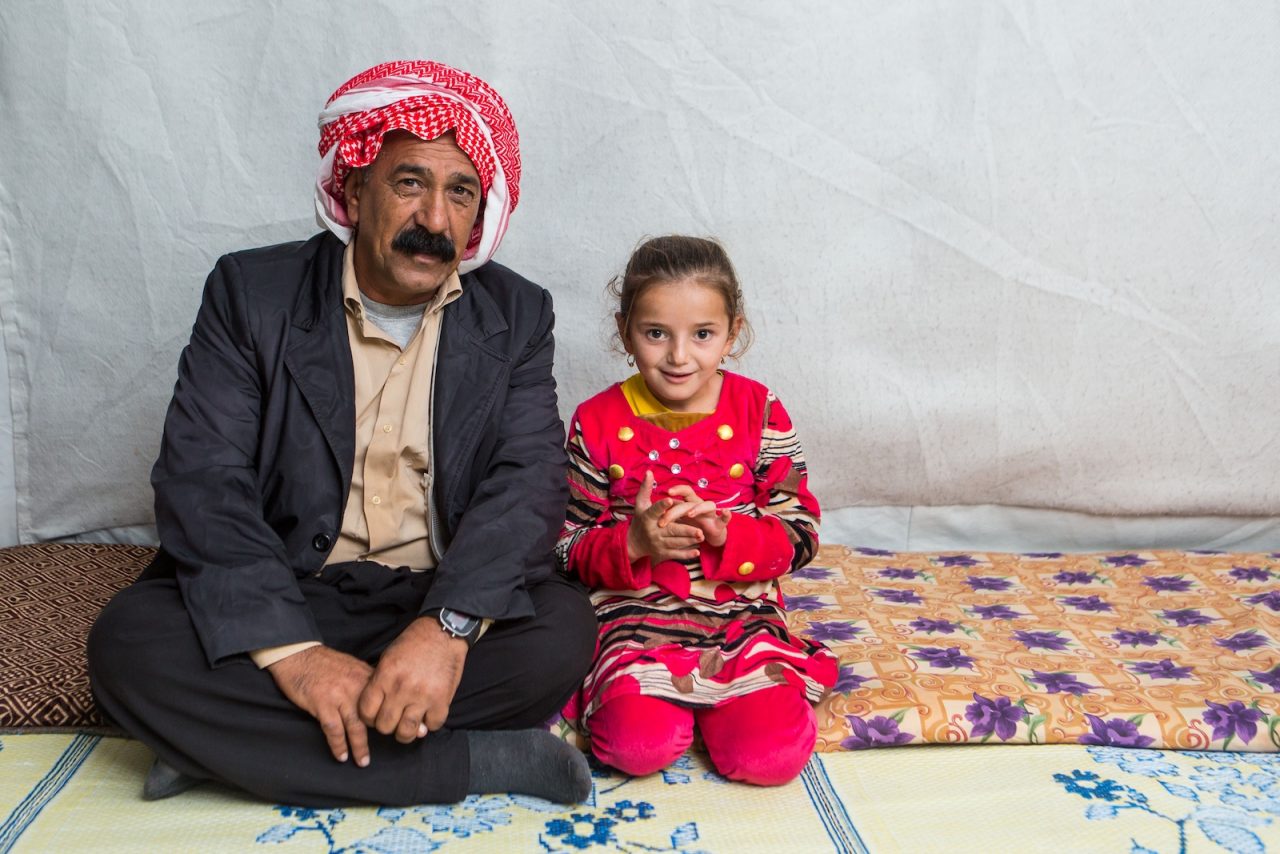Refugees excluded from COVID-19 vaccine rollout according to World Vision report
Media Contact :
June 16, 2021
Senior Public Relations Manager
[email protected]
m 404-735-0871
Media Contact :
June 16, 2021
Senior Public Relations Manager
[email protected]
m 404-735-0871

SEATTLE (June 15,2021) — A report released today by Christian humanitarian organization World Vision said that refugees and internally displaced people, who are at high risk of contracting COVID-19, are the lowest priority group when it comes to vaccination.
High Risk- Low Priority warns that COVID-19 is now surging in lower income countries that do not have the resources needed to contain the virus and protect their own populations. They have access to only three percent of global vaccine doses. These countries also host over 40 million of the world’s forcibly displaced people, who as a result, are being left out of the extremely limited vaccination campaigns host countries are able to deliver.
Higher income countries are vaccinating their populations 25 times faster than nations with lowest incomes and have ensured that their own most vulnerable people are protected. World Vision says they must now secure the same protection for the world’s most vulnerable.
“Refugee families have already been through so much, displaced from the places and people they love,” said Edgar Sandoval Sr., World Vision’s president and CEO. “Children are struggling, missing school because of lockdowns. Many are being forced into child labor or early marriage as their parents try to cope with the economic impacts of the pandemic. Access to a vaccine for these parents would mean not just survival but a chance at normalcy for their children.”
Research carried out by World Vision in Brazil, Colombia, DRC, Jordan, Peru, Turkey, Uganda and Venezuela found that
Last week at the G7 world leaders pledged to donate one billion COVID-19 vaccines to the world’s most vulnerable. World Vision is calling on donor governments to ensure that this pledge turns into a reality and to secure equitable access to the vaccine for forcibly displaced people as a priority. It also calls on host governments to include all forcibly displaced people, regardless of their legal and documentation status, in COVID-19 vaccination plans and roll outs, prevention measures and social protection initiatives on equal footing with their own citizens.
Despite more than 190 countries committing to COVAX to deliver 2 billion vaccine doses for at least 20 percent of the most vulnerable and high risk-groups by the end of 2021, deliveries are both underfunded and delayed.
World Vision is responding to the devastating impact of COVID-19 in more than 70 countries. Our $350 million response aims to reach 72 million people, including 36 million children, especially the most vulnerable. We continue to respond to the global crisis by providing access to food and nutrition, protection, education, livelihood for children and families.
World Vision is committed to supporting the fair and equitable global roll-out of WHO-endorsed vaccines and is partnering with governments, faith leaders, and community health workers in combatting the spread of COVID-19.
About World Vision:
World Vision is a Christian humanitarian organization conducting relief, development, and advocacy activities in its work with children, families, and their communities in nearly 100 countries to help them reach their full potential by tackling the causes of poverty and injustice. World Vision serves all people regardless of religion, race, ethnicity, or gender. For more information, please visit www.WorldVision.org/media-center/ or on Twitter @WorldVisionUSA.